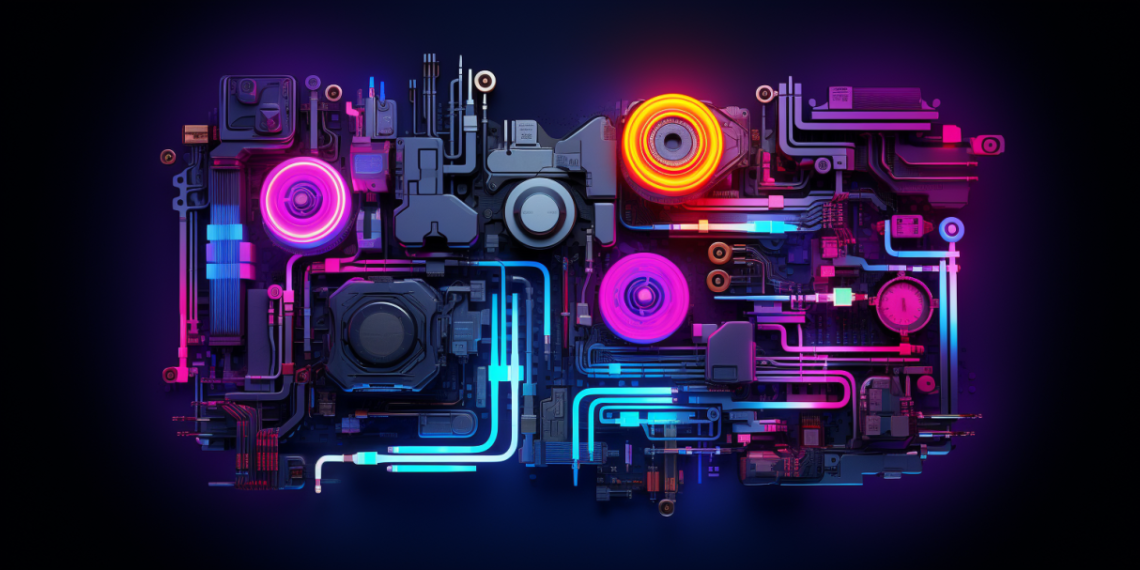In a significant stride towards enhancing the realm of Automated Program Repair (APR), a team of researchers from the University of Illinois have presented a methodology that promises to reshape the way software patches are synthesized for real-world systems.
The research, encapsulated in their paper titled “Copiloting the Copilots: Fusing Large Language Models with Completion Engines for Automated Program Repair,” delves deep into the intricacies of APR. Historically, Large Language Models (LLMs) have been instrumental in aiding developers across various coding tasks. However, a recurring challenge has been the LLMs’ propensity to interpret programs merely as sequences of tokens, often sidelining the vital semantics. Such an approach has inadvertently led to the generation of statically invalid patches, undermining the efficacy of the APR process.
Addressing this gap, the researchers have conceptualized and introduced Repilot. This avant-garde framework emerges as a beacon of synergy, fusing the capabilities of an LLM with the precision of a Completion Engine. By doing so, Repilot not only elevates the validity of the patches produced but also refines the repair process. It achieves this by meticulously pruning infeasible tokens and proactively integrating tokens based on astute suggestions from the Completion Engine.
Initial evaluations of Repilot paint a promising picture. When subjected to rigorous testing on the widely-acknowledged Defects4j datasets, Repilot consistently outperformed existing benchmarks, marking a significant advancement in the APR domain.
This groundbreaking research not only underscores the transformative potential of melding deep learning techniques with traditional programming constructs but also sets the stage for future innovations in software development and repair methodologies.






